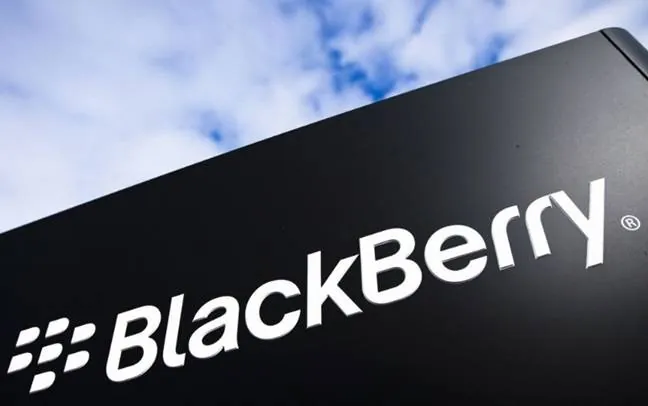
QNX 8 is Now Freeware for Non-Commercial Use: What You Need to Know!
2024-11-11
Author: Rajesh
In a surprising move, BlackBerry has made Version 8 of its QNX microkernel real-time operating system (OS) available as freeware, albeit with some conditions. The Canadian tech giant is launching an outreach initiative dubbed "QNX Everywhere," aimed at boosting interest and usage of its lightweight, Unix-like real-time OS.
Previously, potential users could only access a free 30-day evaluation version of QNX. However, the newly released unlimited edition is now available for non-commercial use, providing endless opportunities for enthusiasts, developers, and hobbyists looking to explore embedded systems. Notably, there’s an optimized version designed specifically for Raspberry Pi, along with demo source code hosted on GitLab.
QNX holds a storied legacy, with its roots tracing back to the 1980s. It is often regarded as one of the most reliable and genuine microkernel operating systems in existence. The classification of "microkernel" has been exploited by various vendors in the past, leading to confusion. For instance, Microsoft marketed its Windows NT as microkernel-based, but many experts argue it operates more as a monolithic kernel. Similarly, macOS, which derives parts from Carnegie Mellon’s Mach, uses an embedded Unix server that complicates its classification as a legitimate microkernel.
While this isn't the first instance of QNX's availability without charge, industry veterans express a cautious optimism toward this new initiative. QNX first gained broader attention in 1997 when it was chosen as the foundation for a next-generation Amiga by Amiga Inc. Although this project never fully materialized, QNX showcased its capabilities in 1999 with a groundbreaking single-floppy demo that astonishingly fit the entire OS, a GUI, a web browser, and a TCP/IP stack onto a mere 1.4 MB floppy drive.
The QNX real-time operating system continues to maintain a foothold in critical industries, including automotive, where it caters to applications that require high reliability and performance. BlackBerry's QNX has partnered with Baidu to advance software for autonomous vehicles, indicating its ongoing relevance and evolution in today's rapidly changing technological landscape.
This move comes as embedded and real-time OS markets experience significant shifts, prompted by the introduction of competing options. Notably, Microsoft open-sourced its ThreadX RTOS, which powers Raspberry Pi’s firmware, and real-time capabilities for Linux are on the rise with upcoming kernel updates.
While Linux remains a robust choice due to its widespread support and zero-cost licensing, BlackBerry's decision to open up QNX presents a strategic opportunity to recapture interest among niche developers and organizations looking for a high-performance alternative in RTOS space. As the embedded ecosystem continues evolving, QNX's latest efforts could very well position it alongside the likes of Linux, ThreadX, and others.
Curious developers eager to test the waters can look forward to exploring the latest version of QNX. BlackBerry's bold move to offer this established OS for free heralds new possibilities for innovation in real-time applications – don’t miss the chance to dive into the future of embedded systems!





 Brasil (PT)
Brasil (PT)
 Canada (EN)
Canada (EN)
 Chile (ES)
Chile (ES)
 España (ES)
España (ES)
 France (FR)
France (FR)
 Hong Kong (EN)
Hong Kong (EN)
 Italia (IT)
Italia (IT)
 日本 (JA)
日本 (JA)
 Magyarország (HU)
Magyarország (HU)
 Norge (NO)
Norge (NO)
 Polska (PL)
Polska (PL)
 Schweiz (DE)
Schweiz (DE)
 Singapore (EN)
Singapore (EN)
 Sverige (SV)
Sverige (SV)
 Suomi (FI)
Suomi (FI)
 Türkiye (TR)
Türkiye (TR)